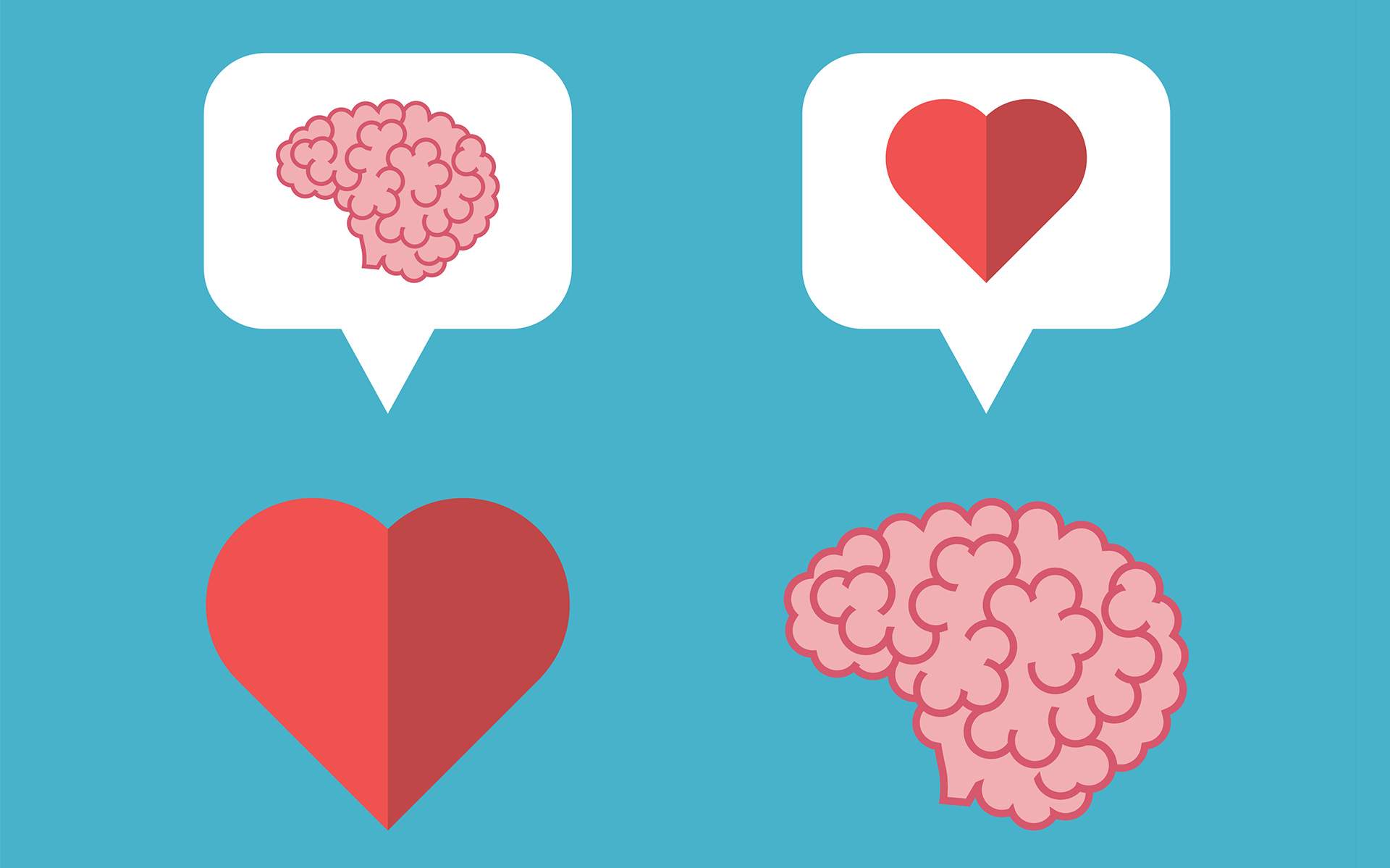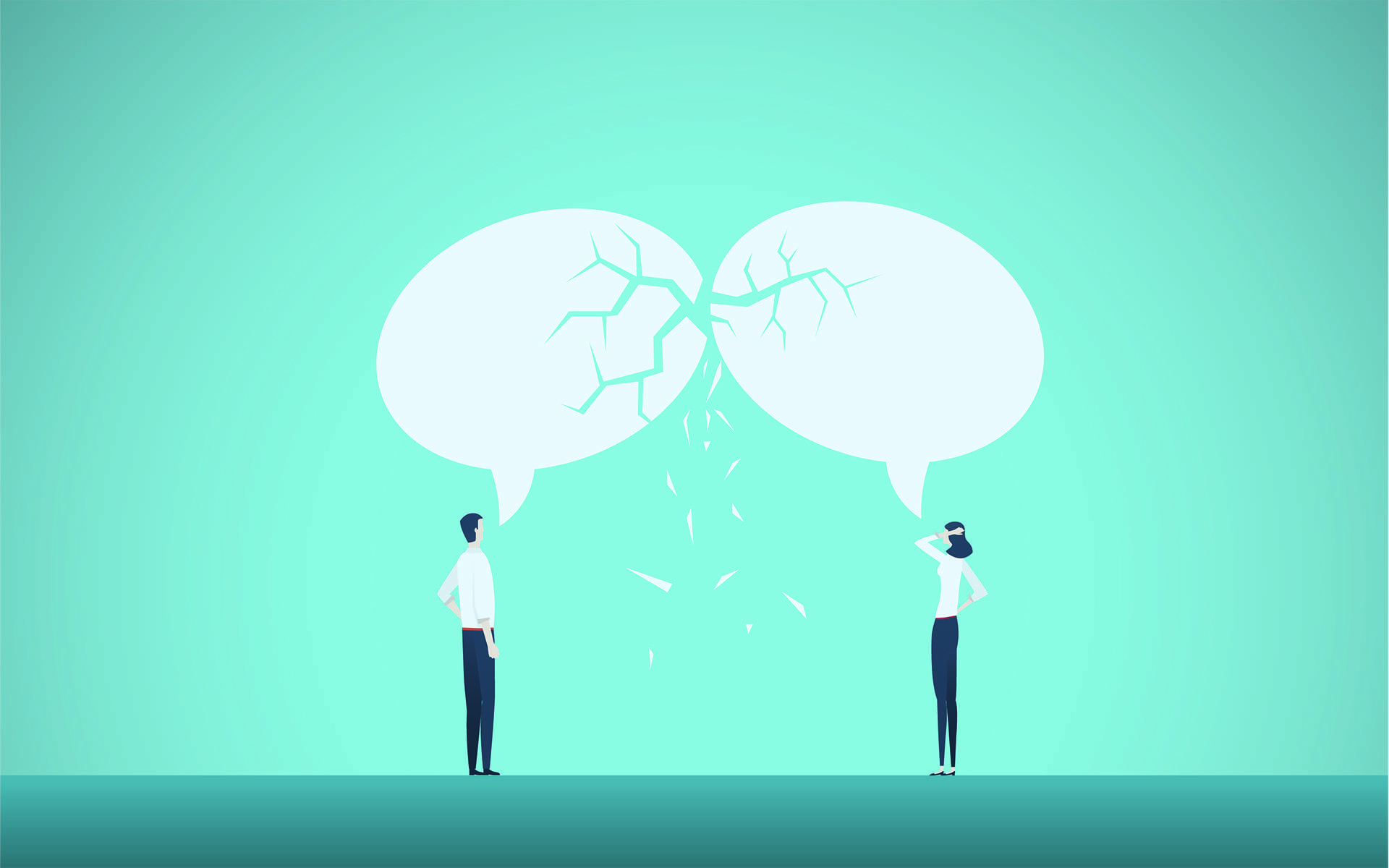In 1946, at the outset of the baby boom, readers of the “funnies”—what comic strips were often called back then—saw uber-cop Dick Tracy communicate for the first time with his squad using the “Two-Way Wrist Radio.” In the sixties, it became a wrist TV, and the cops communicated using an early form of FaceTime.
Does Social Media Make Us More Connected?
Like many children, I thought the wrist TV was super cool, and my friends and I even pretended we had one. We never dreamed that such a gadget could become a reality. Apparently, engineer Martin Cooper thought differently: The two-way wrist device inspired his invention of the mobile phone, which morphed into today’s smartphone, and ironically enough, wrist phones of all kinds. Now, almost everyone is Dick Tracy—connected to our squad and the rest of the world with a device at the end of our arms. The kid in me can’t help but feel this is wonderful, and in many ways it is. Social media, undoubtedly the most prominent use of the smart “phone,” enables all sorts of connections. Right now, you might be reading this on a smartphone. People can connect to work collectively on vital causes. Teams can collaborate and create in real time without their members having to be under the same roof. Social revolutions have even been spurred. And yet…
We underestimated how the gods who give us social media gradually, incrementally, insidiously inch our behavior in directions beneficial to their customers.
As the Netflix documentary The Social Dilemma argues, the world the smartphone has wrought carries many dangers. In the opening minutes, Tim Kendall—former president of Pinterest and an early Facebook executive—says that while digital tech has brought us “many good things, we were naïve about the flip side.” That flip side is a potent combination of tech addiction and behavior modification, on a massive scale. The beeps, bloops, and blinks from our little box tap into the same “reward” system that can entice us to polish off a bag of potato chips or a pint of ice cream. Our phone is so vital to us, it’s become like a new appendage. (In his book Irresistible, Adam Alter reports that 46% of teens he surveyed would rather have a broken bone than a broken phone.) We underestimated how the gods who give us social media gradually, incrementally, insidiously inch our behavior in directions beneficial to their customers.
The Social Dilemma
But, wait, aren’t we their customers? Not so much. Facebook is like the amusement park in Westworld. Customers come to play, but they are in fact the product. Learning what we “like” and then influencing how we’ll act turns a profit for social media. In fact, the inventor of the Like button, Justin Rosenstein, admits in The Social Dilemma that he had no idea the gnarly places such a simple thing would take us to.
If we can insert pauses into our automatic behavior, its momentum can be interrupted, and our innate awareness of what’s going on can leak in.
The film features the work of the Center for Humane Technology, whose cofounder Tristan Harris’s rallying cry has long been “minimize distraction & respect users’ attention.” That’s a mindfulness message, but we can’t wait for the world of social media technology to transform itself into a more humane, mindful force for the greater good. That’s a noble goal, but for now, as the expat tech executives who appear in the film tell us: We need to pay attention to our own habits.
The possibility for mindfulness practice to contribute to reversing tech addiction and promoting awareness of how our behavior is influenced lies in the basic pattern the practice sets up: Pause and notice. If we can insert pauses into our automatic behavior, its momentum can be interrupted, and our innate awareness of what’s going on can leak in. We can decide whether we eat that next potato chip or not. It’s time to do so, before 80% of us say we’d rather have a broken bone than a broken phone. Meanwhile, the Dick Tracy in today’s funnies—a cop who otherwise needs an update and upgrade in every conceivable way—has reverted to a screenless wrist radio with an analog watch dial.
Watch The Social Dilemma free on YouTube from August 17, 2021 to September 30, 2021.
read more
Why Meditation is a Practice of Liberation
Talking with meditation teacher Ericka Philips, founding editor Barry Boyce reflects on the shared history of Black Americans in journeying toward freedom.
Read More
Investigating Your Emotions Without Suppressing Them
Founding editor Barry Boyce answers our questions about emotional intelligence, being kind to ourselves, and turning toward our emotions.
Read More
How Kindness Can Get Lost in Communication
Founding Editor Barry Boyce muses on the messiness of communicating, and how finding the deeper meanings of words may require some inner searching.
Read More











